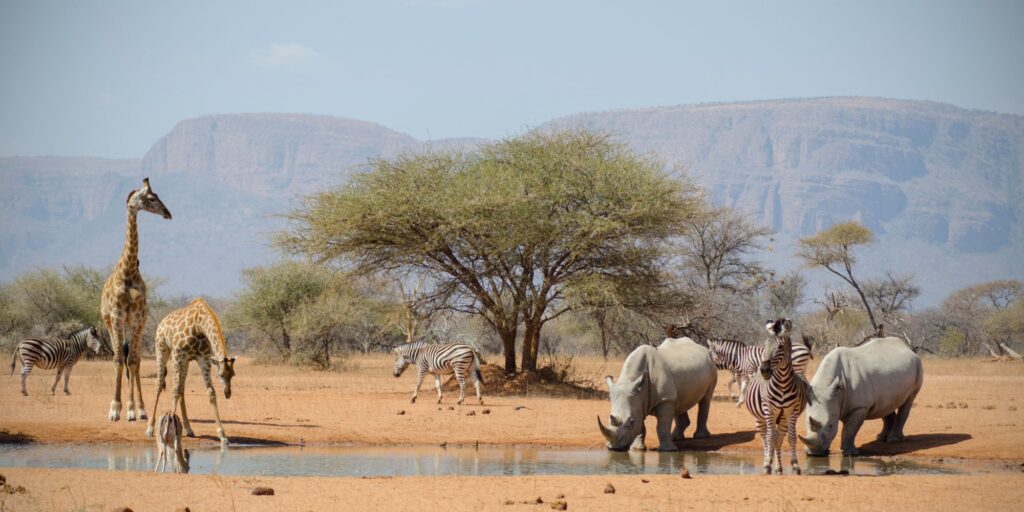Read in
The second phase of the Sustainable Wildlife Management (SWM) programme is now underway. Coordinated by the Food and Agriculture Organization of the United Nations (FAO), this sustainable wildlife management programme will run until May 2029. Additional funding of €25 million has just been made available by the European Union (EU).
At the beginning of August 2023, the European Union (EU) provided additional funding of €25 million to the Food and Agriculture Organization of the United Nations (FAO). This funding is earmarked for the second phase of the Sustainable Wildlife Management (SWM) programme.
The second phase of SWM runs from August 2023 to June 2029. This is a period of around six years, during which the programme will be scaled up. The programme currently covers 80 local and indigenous communities in 16 countries in Africa, the Caribbean and the Pacific. During this new phase, the FAO will continue to lead the SWM consortium of implementing partners, made up of the Centre de coopération internationale en recherche agronomique pour le développement (CIRAD), the Centre for International Forestry Research (CIFOR) and the Wildlife Conservation Society (WCS).
EU support
“It takes time to build new models that can be transposed to conserve wildlife and improve food security. We need to further develop the models tested under the Sustainable Wildlife Management Programme, and we need to disseminate and scale up the conclusions, results and approaches from the Programme in order to amplify the effects of our action. For this reason, the EU wishes to provide additional funding to ensure the continuation of the programme until June 2029”, explains Marjeta Jager, Deputy Director-General of the European Commission’s DG-INTPA (Directorate-General for International Partnerships).
In its first phase, SWM received €45 million from the EU, as well as funding from the French Global Environment Facility (FGEF) and the French Development Agency (AFD).
Since 2017, the initiative has been helping to reduce unsustainable hunting of wild animals, conserve wildlife and strengthen people’s livelihoods and food security. These missions are in line with the objectives of the Kunming-Montreal Global Biodiversity Framework and the FAO’s 2022-2031 Strategic Framework.
Boris Ngounou



